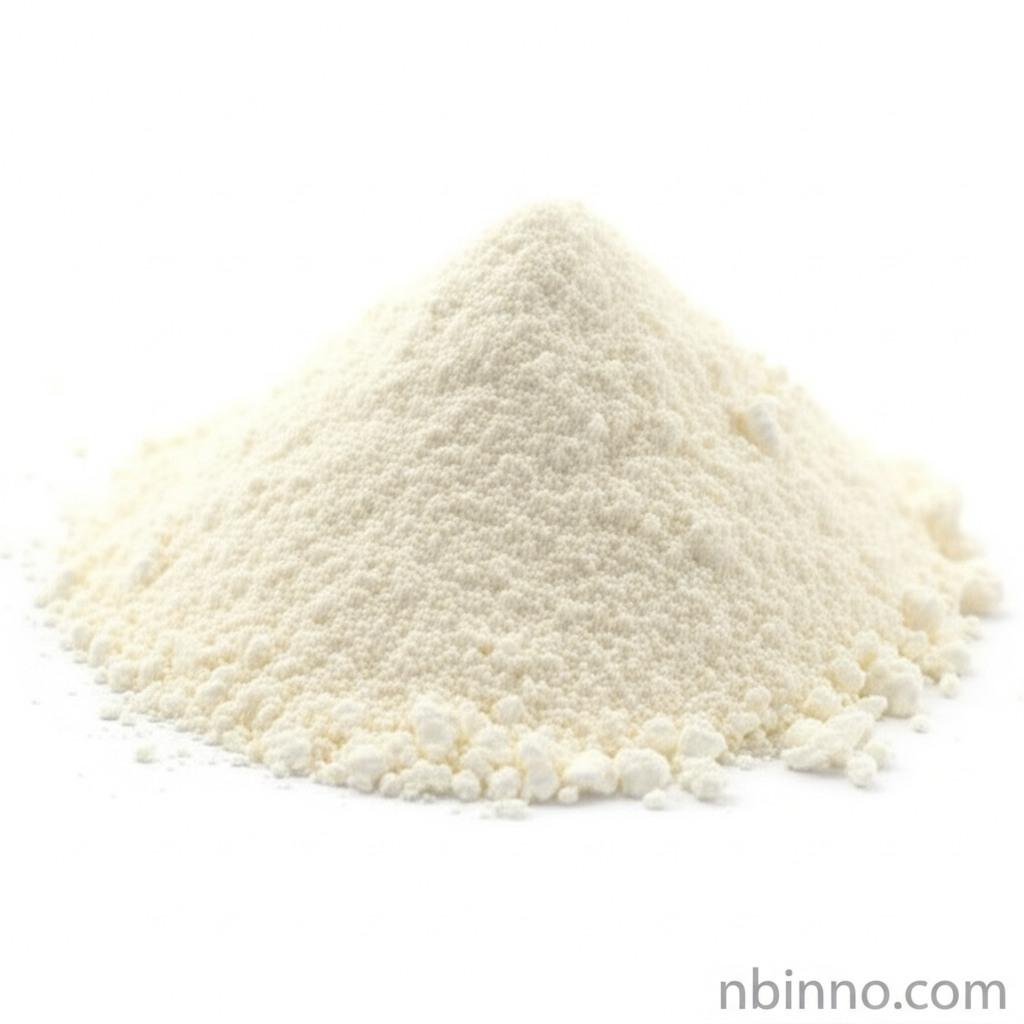Pyridinium p-Toluenesulfonate: A Versatile Weakly Acidic Catalyst for Organic Synthesis
Explore the applications of Pyridinium p-toluenesulfonate (PPTS) as a mild and effective catalyst in various organic transformations, crucial for fine chemical synthesis and pharmaceutical intermediates.
Get a Quote & SampleProduct Core Value

Pyridinium p-toluenesulfonate
As a reliable supplier in China, we offer Pyridinium p-toluenesulfonate (PPTS), a vital compound in organic synthesis. Its primary function is as a weakly acidic catalyst, ideal for reactions where stronger acids might cause degradation or unwanted side reactions. This makes it a key reagent for the precise synthesis of pharmaceutical intermediates and other fine chemicals.
- This weakly acidic catalyst plays a crucial role in the deprotection of silyl ethers or tetrahydropyranyl ethers, especially when dealing with sensitive substrates that cannot tolerate stronger acid catalysts.
- Facilitating the preparation of acetals and ketals from aldehydes and ketones, Pyridinium p-toluenesulfonate is indispensable for forming important functional groups in organic synthesis.
- As a catalyst in organic synthesis, PPTS offers a more controlled reaction environment, contributing to higher yields and purer products.
- Its utility extends to being a co-catalyst in asymmetric reactions, improving both yield and enantioselectivity, a critical aspect for chiral drug synthesis.
Advantages Offered by the Product
Controlled Acidity
The controlled acidity of Pyridinium p-toluenesulfonate makes it a preferred choice for sensitive organic synthesis reactions, minimizing by-product formation.
Enhanced Yields
Utilizing PPTS as a catalyst in organic synthesis can lead to improved yields and selectivity, crucial for efficient production processes.
Versatile Application
From deprotection to acetal formation, Pyridinium p-toluenesulfonate's broad applicability makes it a staple in many chemical laboratories and industrial processes.
Key Applications
Organic Synthesis
As a key catalyst in organic synthesis, PPTS is essential for numerous transformations, including protection/deprotection steps.
Pharmaceutical Intermediates
The compound is widely used in the production of pharmaceutical intermediates, where precise control over reactions is paramount.
Fine Chemical Production
Its effectiveness as a mild acid catalyst makes it valuable for the synthesis of various fine chemicals with specific structural requirements.
Asymmetric Catalysis
When used as a co-catalyst, it aids in achieving higher enantioselectivity, a critical factor in the synthesis of enantiomerically pure compounds.
